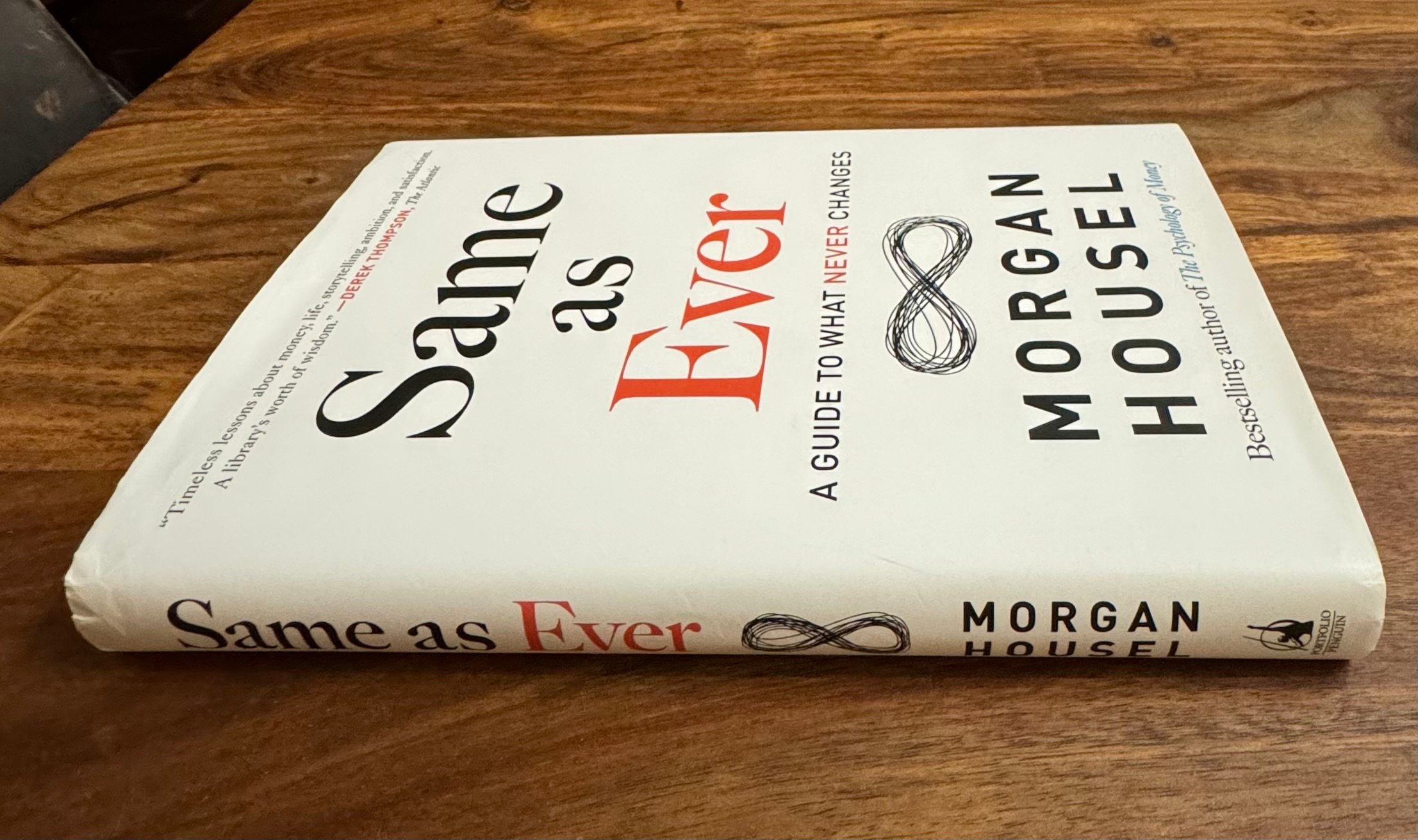For the past several days, I have been working through the Christ Hymn in Philippians 2. My practice has been to slowly meditate on each verse. Today, I landed on verse 8.
(Philippians 2:8 NIV) And being found in appearance as a man, he humbled himself by becoming obedient to death— even death on a cross!
So far, Paul has described Jesus’ willingness to not grasp (ESV) or use for his own advantage (NIV) the fact that he is God. Rather, he emptied himself (ESV) or made himself nothing (NIV). He took the form of a servant (or slave). And then as we come to verse 8, we find the phrase being found. This was a curious way to put it. I thought I would dig a bit deeper here.
The Greek word used here is heurisko. It is often translated find or found. It is a popular word in the New Testament (used in 178 verses). It sometimes describes an active seeking and finding. Other times, it is passive and reflects finding ourselves in a particular circumstance. One example of this use is in Matthew 1:18.
(Matthew 1:18 NIV) This is how the birth of Jesus the Messiah came about: His mother Mary was pledged to be married to Joseph, but before they came together, she was found to be pregnant through the Holy Spirit.
Mary was found to be pregnant in the same way that Jesus was found in the form of a man. To be clear, I am not suggesting that the Incarnation of Jesus is without purpose or plan. Certainly, Jesus was not surprised to be human. Yet at the same time Jesus acted in light of his circumstance. In the same way, Mary followed God in light of her situation. As we consider God’s calling for our lives and ministries, where do we find ourselves? One Greek lexicon defines this word:
to find, as without seeking
In Philippians 2:8, Jesus faithfully acts from within the context of his Incarnation. He humbles himself and submits to the most disgraceful death possible. This is an astounding truth: God dying on a cross. This hymn helped the early church reflect on this powerful revelation.
As we consider the dynamic of discerning, we often find ourselves in surprising places. Really, this is an important part of discernment. We must constantly discover our context. The conundrum is that it keeps changing; we must invariably discern the world around us and God’s work in our midst. May we be a people who continually find our context in order to adequately discern God’s direction. Too often, we fail to realize where God has us. What is our situation? What might God be saying through our condition? What next steps might God be calling us toward in light of our current place? Have we taken time to sufficiently consider where we find ourselves?






